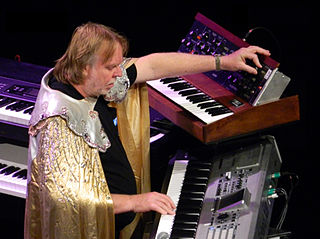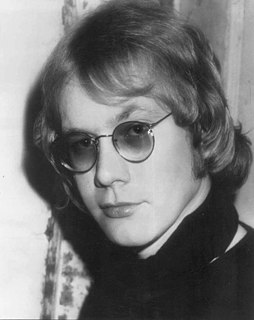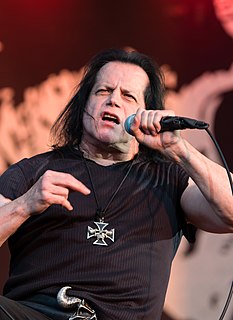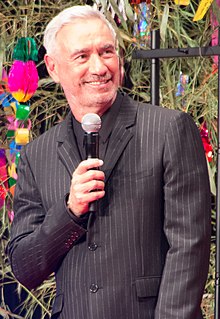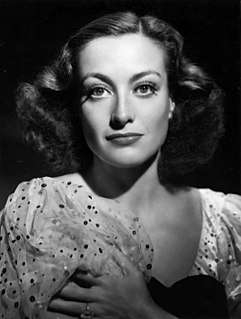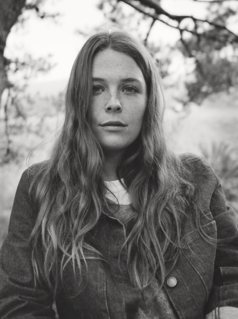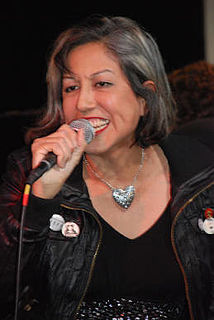A Quote by Lauryn Hill
My whole life at a certain point was studio, hotel, stage, hotel, stage, studio, stage, hotel, studio, stage. I was expressing everything from my past, everything that I had experienced prior to that studio stage time, and it was like you have to go back to the well, in order to give someone something to drink. I felt like a cistern, dried up and like there was nothing more. And it was so beautiful.
Related Quotes
What happens in the studio is technically the same thing that happens on the stage. In the past I had to make quite brutal adaptations of the material to make it work on stage. I don't always like doing that because sometimes you're shaving away the things that you actually quite like about them, the spontaneity of it.
I'm a Gemini, so there's two people in me. Straight up. There's the nerd who is totally zoned out in the studio, EQ-ing this kick drum, raising this snare one decibel, or swapping this high hat out for another. Then there's the other side who's a performer. I have to go out on stage and be electric, a fire cracker, just run around the stage and give a show.
There's a lot of discussion about whether you should be a good live band or a good studio band. I think you can use the studio to make a great "studio record" and not necessarily have to reproduce exactly that on stage, but still be a great "live band." Having said that, if what you're going for is just the raw capture of your live sound, then that's cool, too - go for it! I enjoy working in the studio, though, and while I try to get near to an approximation of what's going on onstage, it's not my first priority usually.
There was a while when I got really bad stage fright and I basically felt...I was incredibly angry. I felt like everything had been taken away from me and it was at that point that I realized how much doing stand up reminds me of my self love and curiosity about myself and love of other people because I don't go on stage to dominate.
I was full of energy, and I had a lot of bottled up rage that would come out in my stage performances. It was therapy sessions for someone who couldn't afford to go to therapy, a way to release my frustration, my inhibition. When I was little, growing up in an abusive household, I felt like I didn't have a voice. Suddenly I was on stage and people were watching me and listening to me, so even if I was singing about something that didn't have to do with abuse, when I was on stage I could express all of the anger, the rage.
We have heard projects with some of the writers, who we've been in business with for a long time at the studio, that we've heard as a studio - often, pitches that are still in their formation stage where we or the writers have wanted our input on developing them. We've probably heard more pitches with the network hat on. Certainly all of the outside pitches are that way, and many of the pitches that have been in great shape coming out of the studio we've heard from a network perspective.
Normally classical music is set up so you have professionals on a stage and a bunch of audience - it's us versus them. You spend your entire time as an audience member looking at the back of the conductor so you're already aware of a certain kind of hierarchy when you are there: there are people who can do it, who are on stage, and you aren't on stage so you can't do it. There's also a conductor who is telling the people who are onstage exactly what to do and when to do it and so you know that person is more important than the people on stage.


